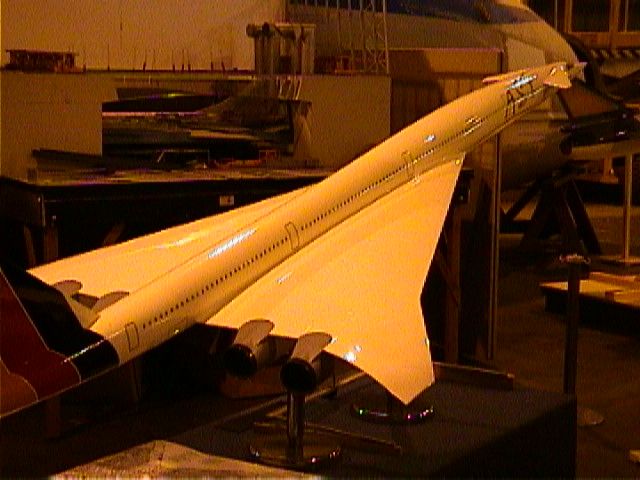JustBen
Established Member
With recent news about development of several supersonic aircraft, I still wonder why they ever stopped Concorde.
I've read all the guff about economic downturn, safety issues etc but it was an engineering marvel and was never replaced.
It's such a shame. A step backwards.
The figures for the new aircraft being developed show that it could do the Atlantic crossing in a time slower than Concorde!
Slower?!
And carries less passengers...
How can 40 years of engineering and technology advancements produce a slower aircraft?
I do wish that I had travelled on Concorde before they stopped it. I'm sure it would have been fantastic.
Sadly age played a big part in that.
Were any of you lucky enough to travel on it?
Was it how you had imagined?
Just though I'd share my ponderings.
I've read all the guff about economic downturn, safety issues etc but it was an engineering marvel and was never replaced.
It's such a shame. A step backwards.
The figures for the new aircraft being developed show that it could do the Atlantic crossing in a time slower than Concorde!
Slower?!
And carries less passengers...
How can 40 years of engineering and technology advancements produce a slower aircraft?
I do wish that I had travelled on Concorde before they stopped it. I'm sure it would have been fantastic.
Sadly age played a big part in that.
Were any of you lucky enough to travel on it?
Was it how you had imagined?
Just though I'd share my ponderings.








































